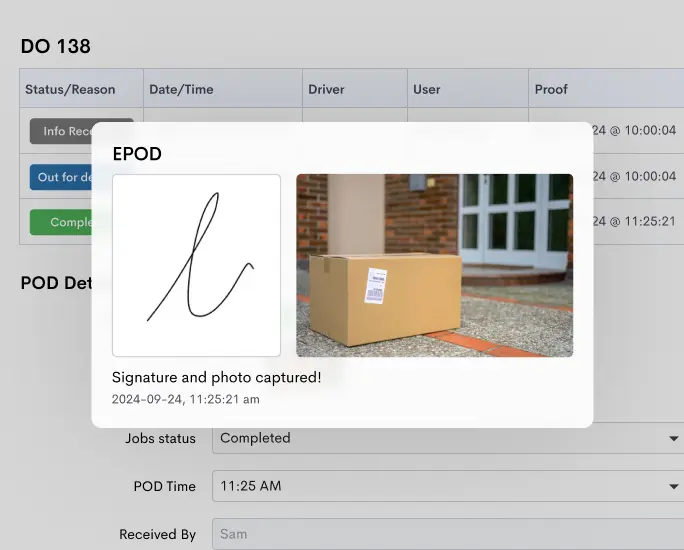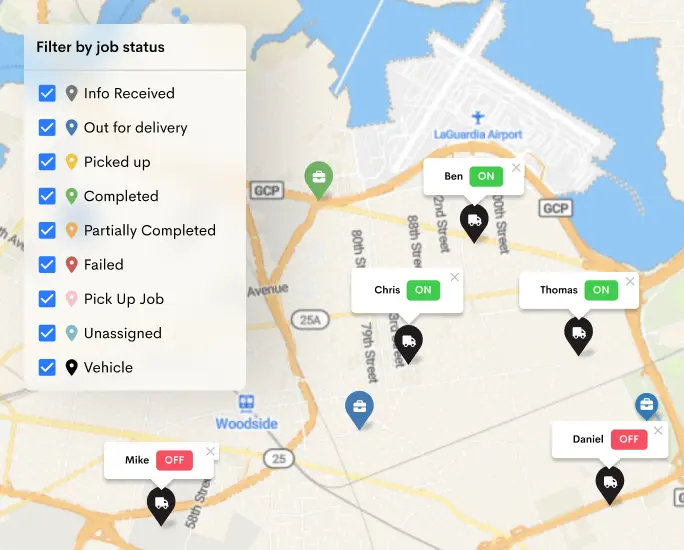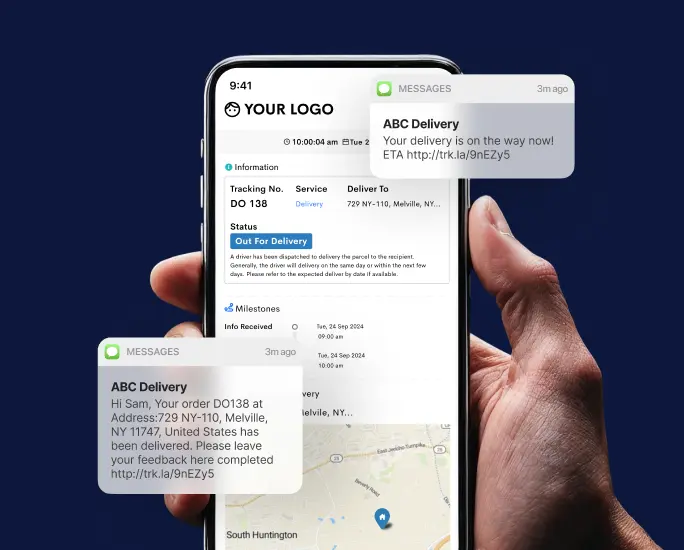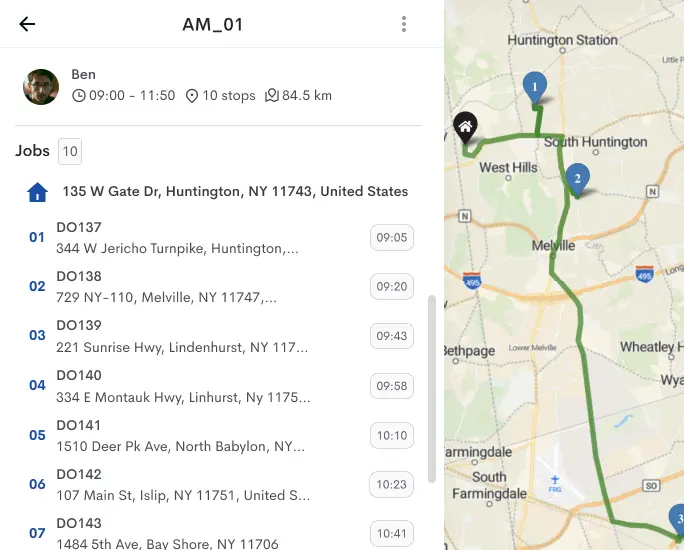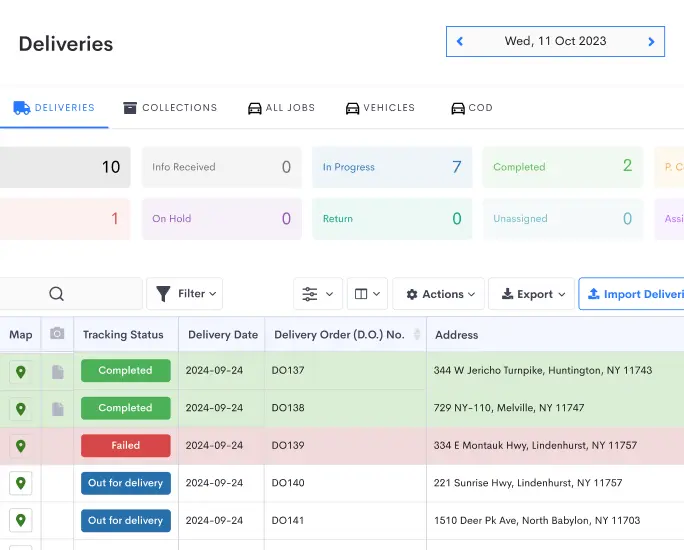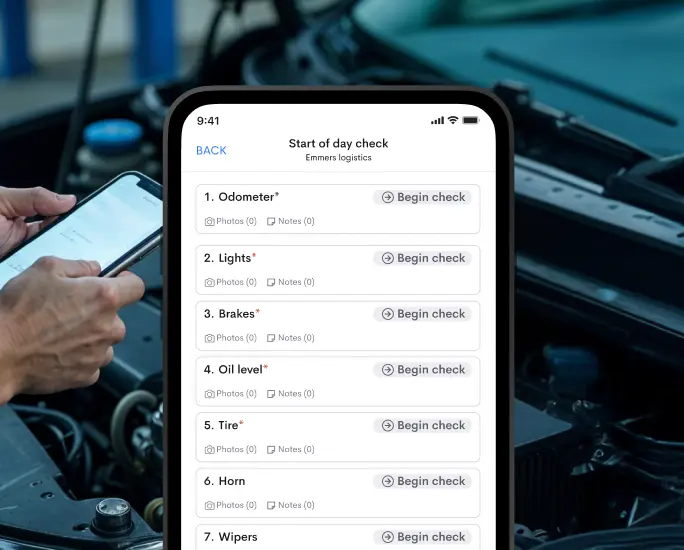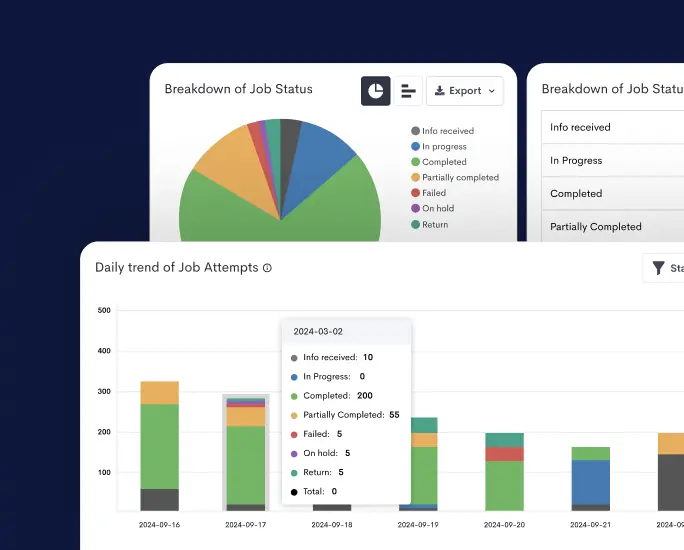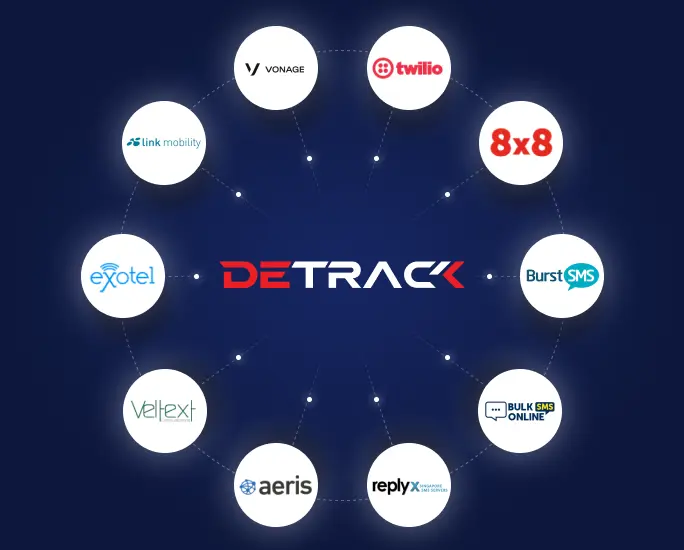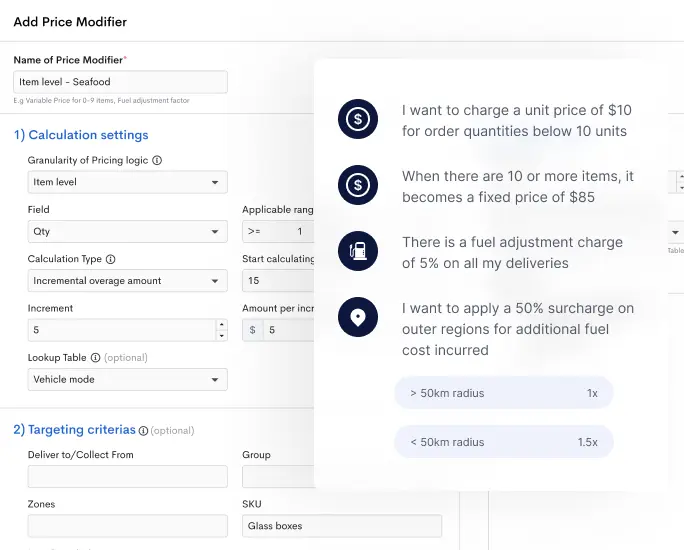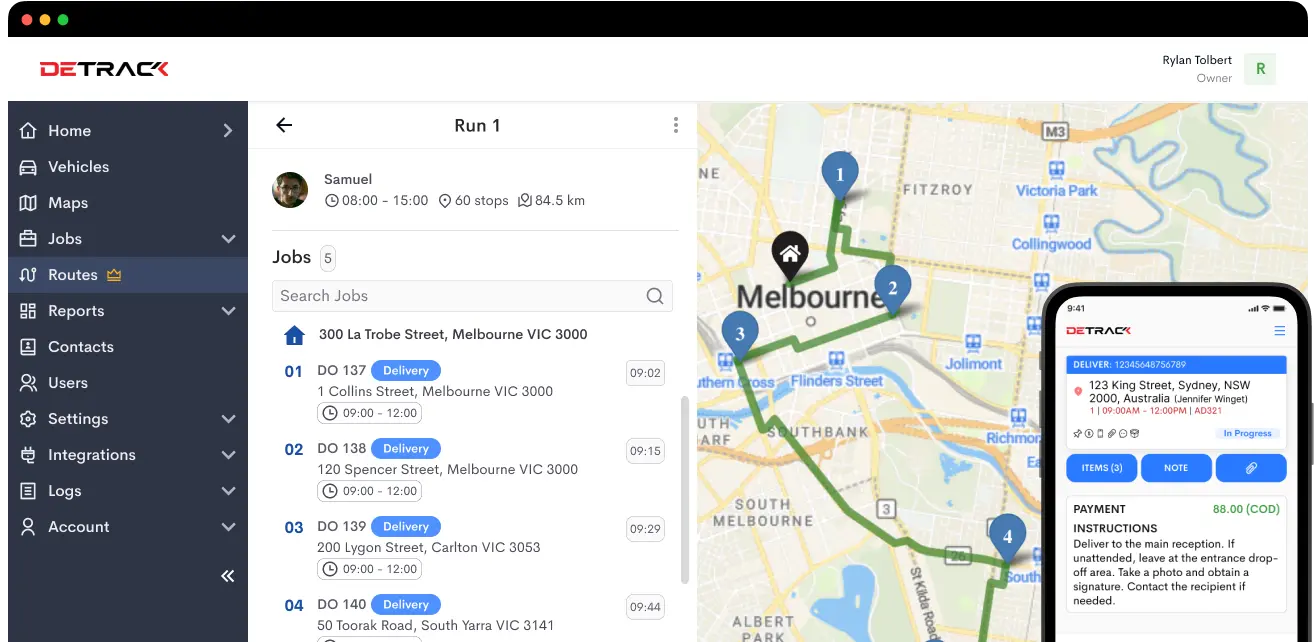Businesses constantly seek innovative ways to streamline operations, enhance customer experience, and stay competitive. One such strategy that is gaining momentum is owning and operating a dedicated fleet for retail logistics.
By bypassing traditional delivery services and taking control of their transportation, retailers can gain greater flexibility, efficiency, and cost savings. In this FAQ guide, we’ll look into the intricacies of retail with own fleet, addressing common questions and shedding light on its potential benefits.
Retail with Own Fleet: FAQs
What is Retail with Own Fleet?
Retail with own fleet refers to retailers managing their transportation logistics by owning and operating their delivery vehicles. Retailers invest in fleets to fulfill customer orders and manage distribution channels instead of relying on third-party logistics providers or courier services.
What Are the Benefits of Retail with Own Fleet?
- Enhanced Control: Retailers have full control over the entire delivery process, from scheduling to execution, allowing for greater customization and responsiveness to customer needs.
- Cost Savings: While initial investments are in purchasing vehicles and hiring drivers, owning a fleet can lead to significant cost savings compared to outsourcing delivery services in the long run.
- Improved Customer Experience: With greater control over delivery operations, retailers can offer faster delivery times, accurate tracking, and personalized service, enhancing the overall customer experience.
- Brand Visibility: Branded delivery vehicles serve as mobile advertisements, increasing brand visibility and reinforcing brand identity as they navigate various neighborhoods and communities.
- Flexibility and Scalability: Retailers can scale their delivery operations according to fluctuating demand patterns and seasonal peaks without being constrained by the limitations of external logistics providers.
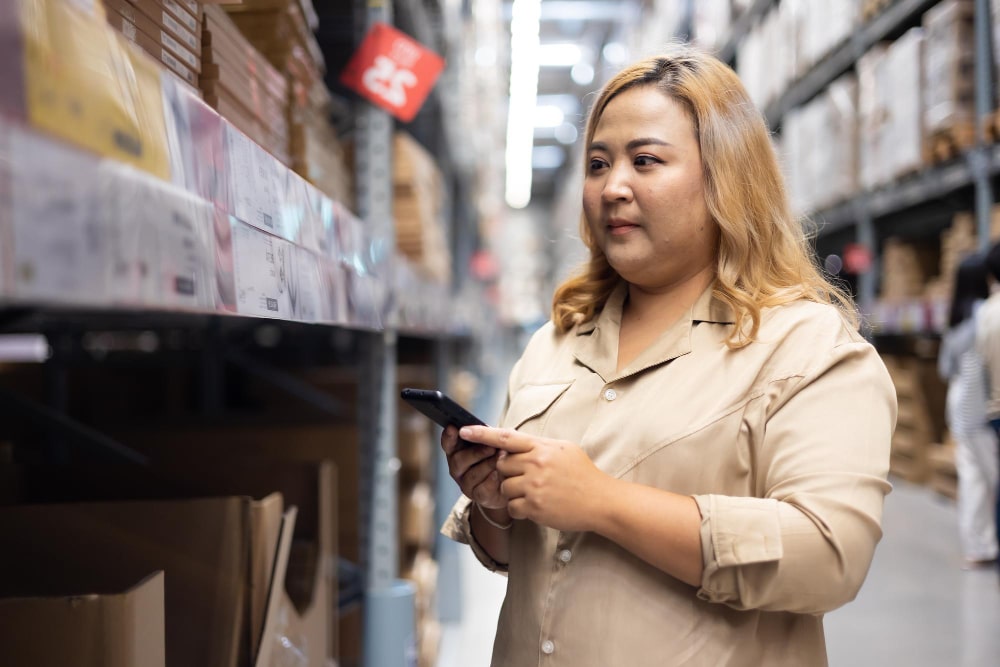
What Types of Retailers Can Benefit from Own Fleet?
While any retailer can potentially benefit from owning a fleet, certain sectors are particularly well-suited to this approach. These include:
- Grocery and Food Delivery: Freshness and timeliness are critical in the food industry, making own fleet logistics advantageous for grocery stores and food delivery services.
- E-commerce: Online retailers, especially those dealing with perishable goods or high-value items, can gain a competitive edge by controlling their delivery process.
- Furniture and Appliances: Large, bulky items such as furniture and appliances often require specialized handling and delivery, making an own fleet an attractive option for retailers in this sector.
What are the Challenges Associated with Retail with Own Fleet?
While the benefits are compelling, there are also challenges to consider:
- Initial Investment: Setting up a fleet requires a significant upfront investment in vehicles, equipment, and infrastructure, which may pose a barrier for smaller retailers.
- Operational Complexity: Managing a fleet entails various operational complexities, including vehicle maintenance, driver management, route optimization, and compliance with regulations.
- Risk Management: Retailers assume greater risk and liability when operating their fleet, including risks associated with accidents, vehicle breakdowns, and delivery delays.
- Competitive Pressures: As more retailers adopt this model, competition in the delivery space may intensify, requiring continuous innovation and optimization to stay ahead.
How Can Retailers Overcome These Challenges?
- Strategic Planning: Conduct thorough market research and feasibility studies to assess the viability of owning a fleet and develop a comprehensive business plan.
- Technology Adoption: Invest in advanced logistics and fleet management software to streamline operations, optimize routes, track vehicles in real-time, and enhance overall efficiency.
- Training and Development: Provide ongoing training and support for drivers to ensure compliance with safety regulations, improve customer service skills, and mitigate risks.
- Collaboration: Consider partnerships or collaborations with other retailers or delivery services to leverage resources, share infrastructure, and reduce costs.
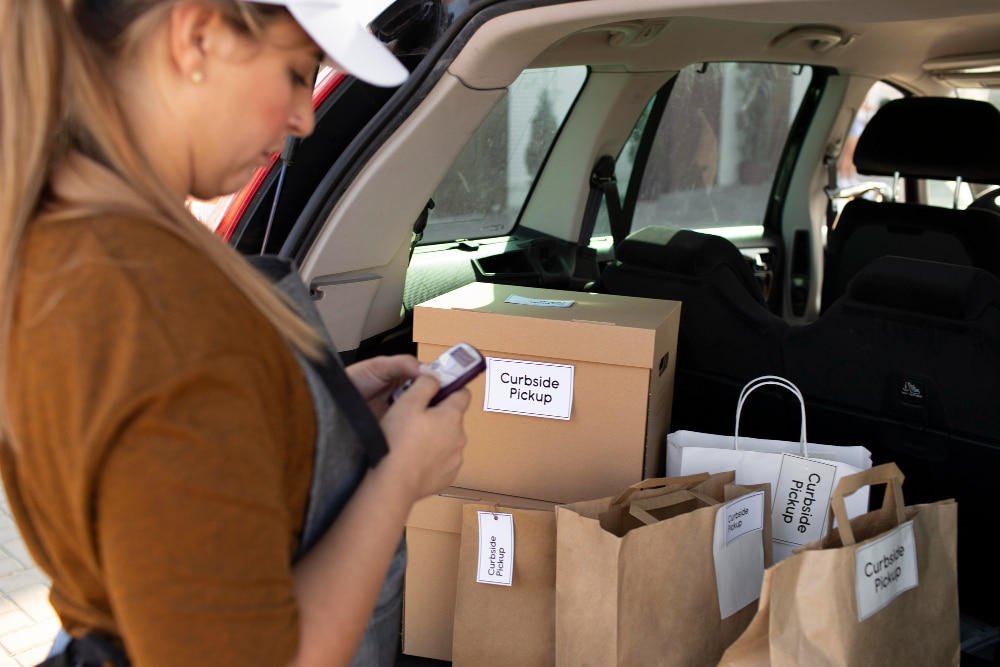
What Are Some Success Stories of Retailers Implementing Own Fleet?
Numerous retailers have successfully implemented own fleet strategies and achieved notable results:
- Amazon: The e-commerce giant operates one of the largest delivery fleets globally, enabling it to offer same-day and even one-hour delivery options for Prime members.
- Walmart: With its extensive network of distribution centers and fleet of delivery trucks, Walmart has strengthened its position in the online grocery delivery market.
- Domino’s Pizza: Domino’s invested in its fleet of delivery vehicles and pioneered innovations such as the Domino’s Tracker app, which allows customers to track their pizza from the oven to their doorstep.
What Does the Future Hold for Retail with Own Fleet?
As technology advances and consumer expectations evolve, the future of retail with own fleet looks promising. We can expect to see:
- Automation and Robotics: Integrating automation, drones, and autonomous vehicles into delivery fleets will revolutionize last-mile logistics, making it more efficient and cost-effective.
- Sustainability Initiatives: Retailers will increasingly prioritize sustainability by adopting electric vehicles, optimizing delivery routes to minimize emissions, and exploring alternative fuels.
- Data-driven Insights: Leveraging big data and analytics, retailers will gain deeper insights into consumer behavior, demand patterns, and delivery performance, enabling them to make informed decisions and optimize operations.
Conclusion
In conclusion, retail with own fleet represents a compelling opportunity for retailers to gain greater control, efficiency, and competitiveness in the dynamic retail landscape.
While challenges exist, strategic planning, technology adoption, and a customer-centric approach can help retailers overcome obstacles and unlock the full potential of owning their delivery fleet.
As the industry continues to evolve, embracing innovation and adapting to changing consumer demands will be key to success in retail with own fleet.

